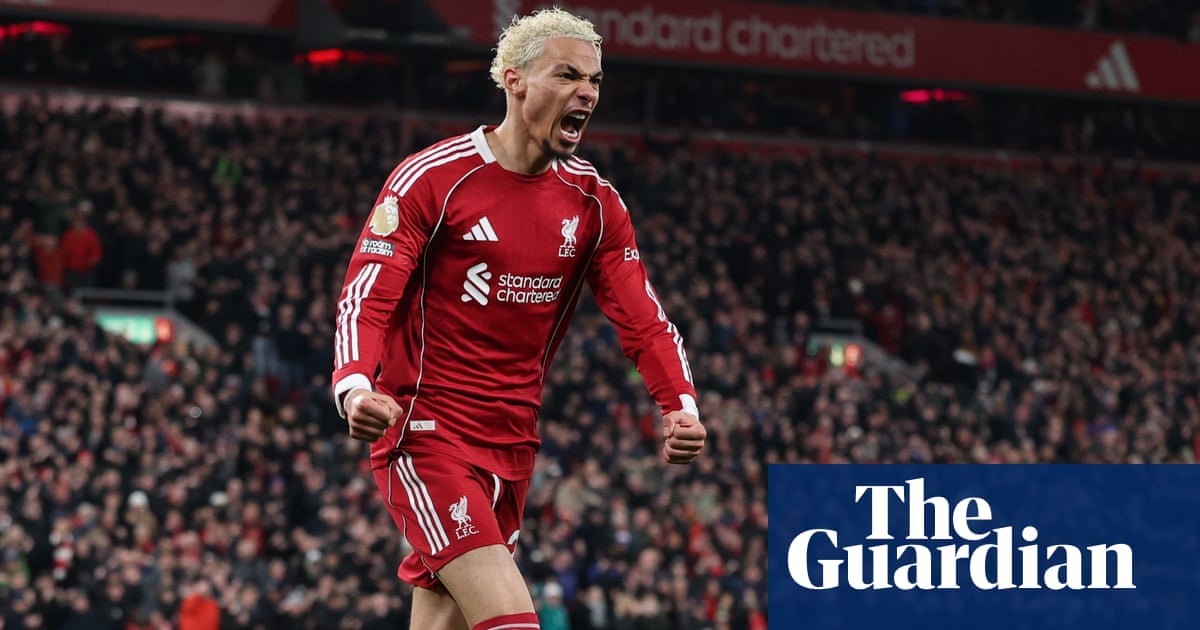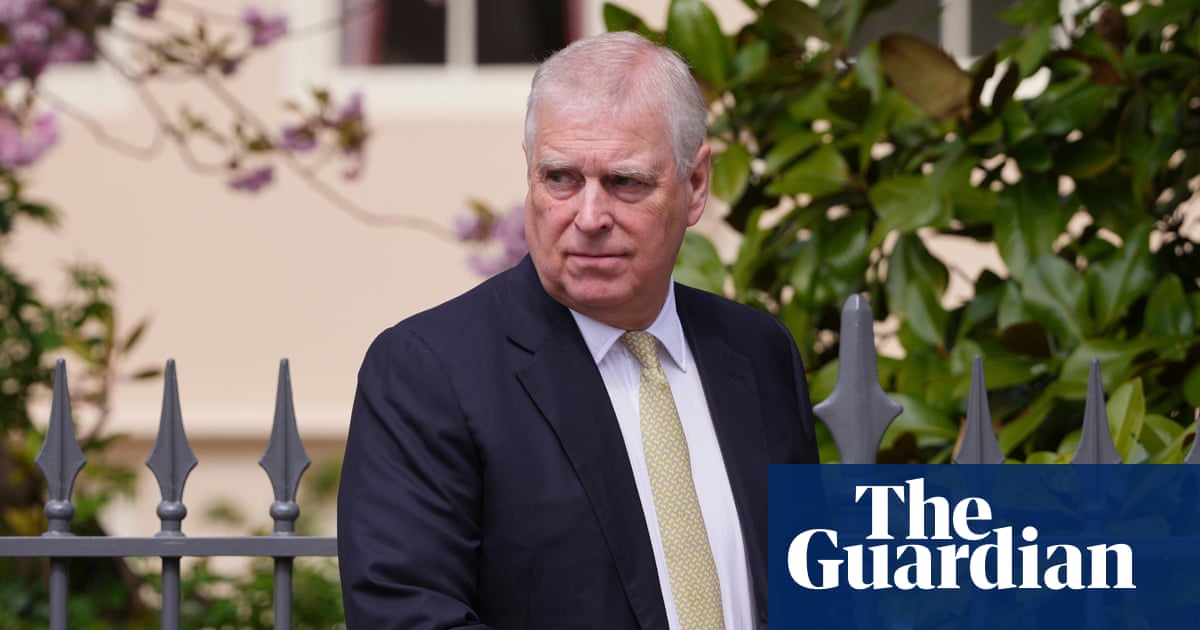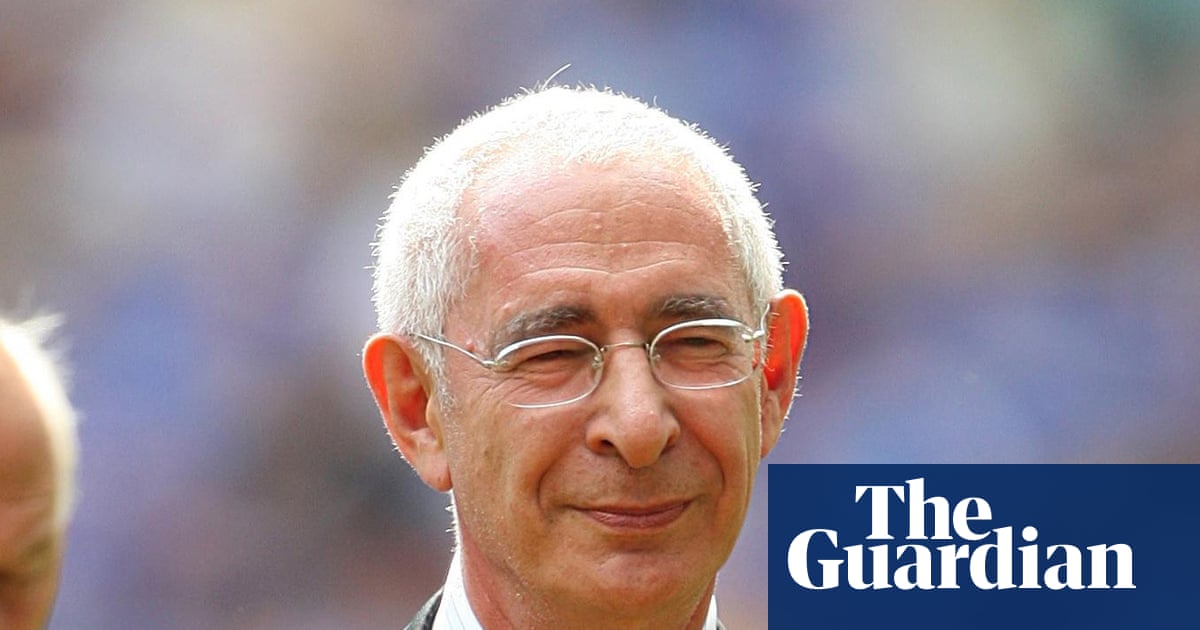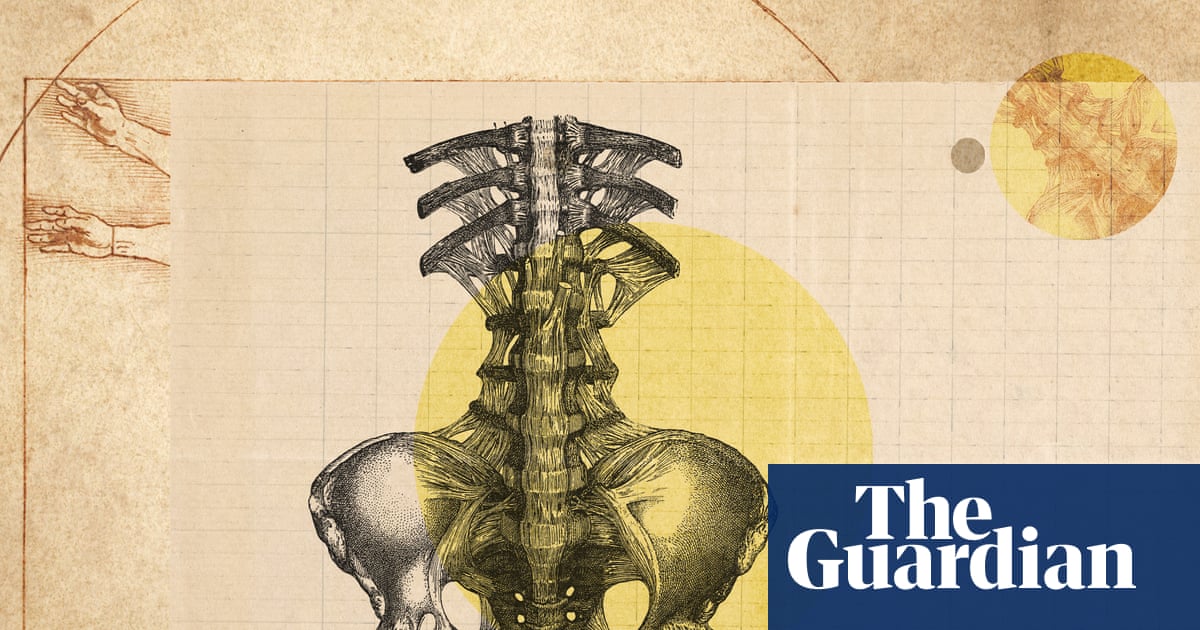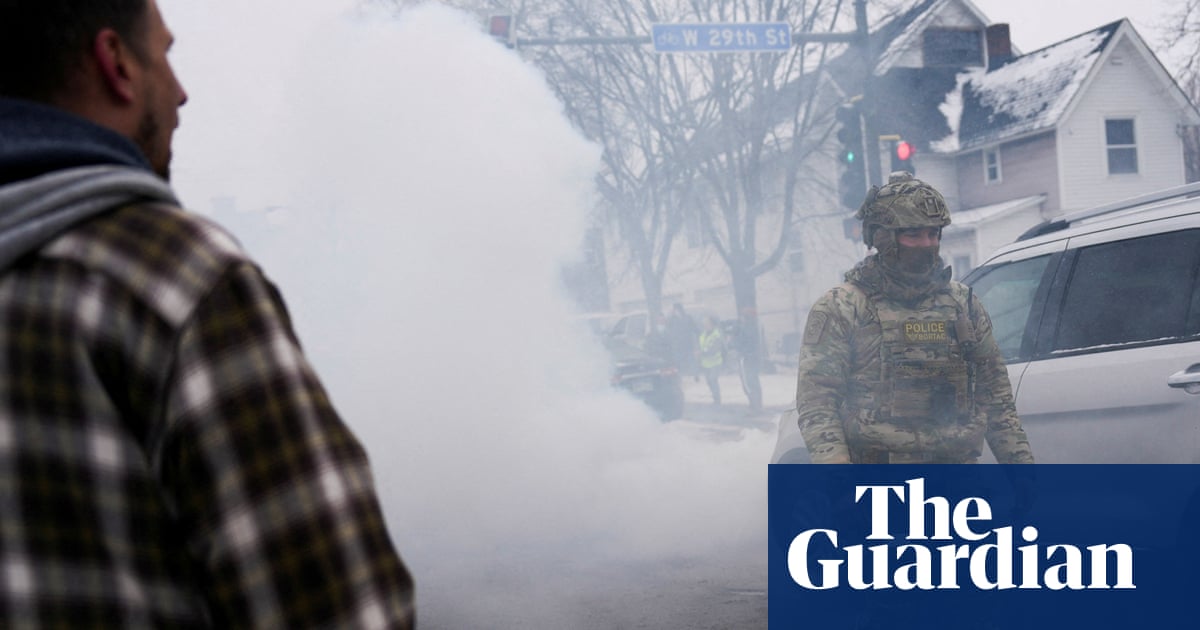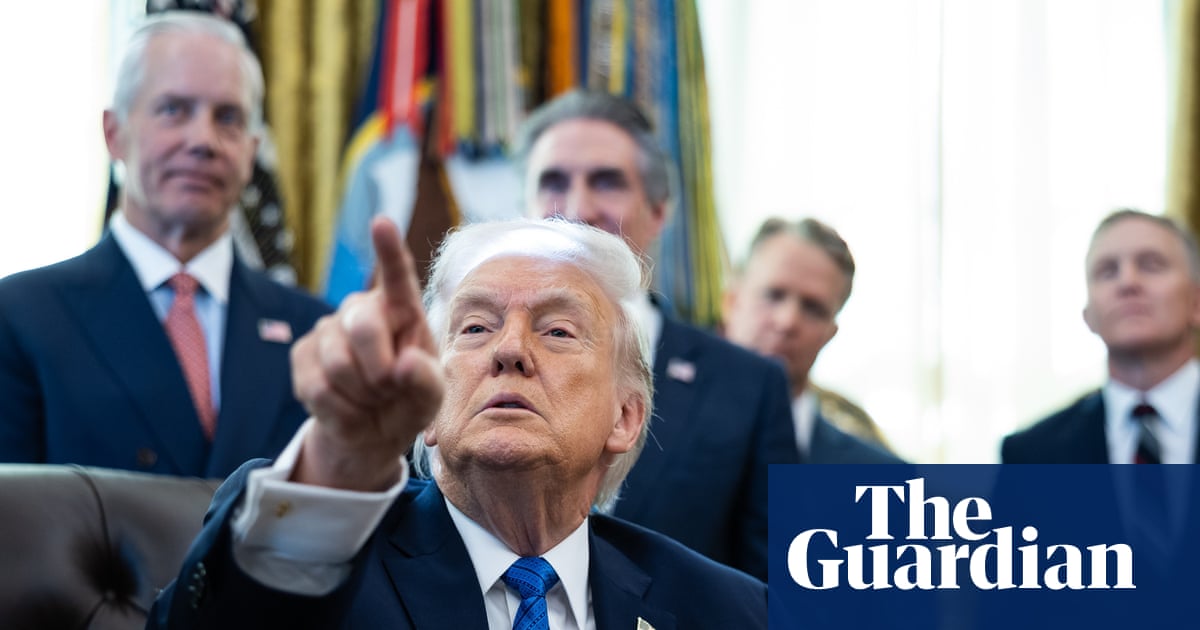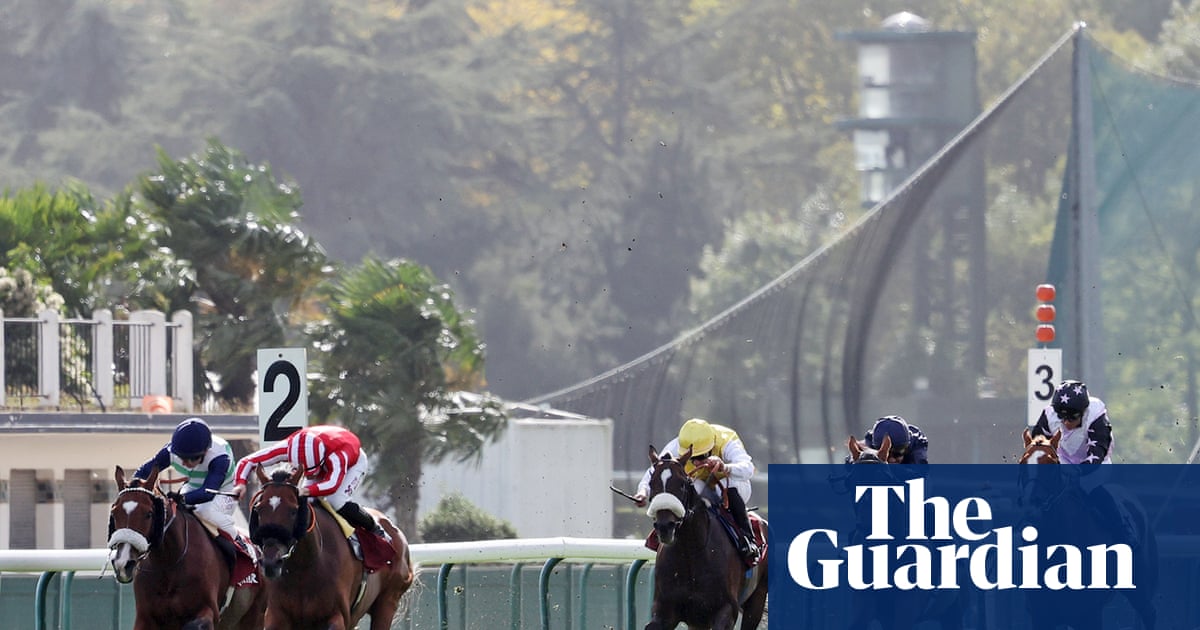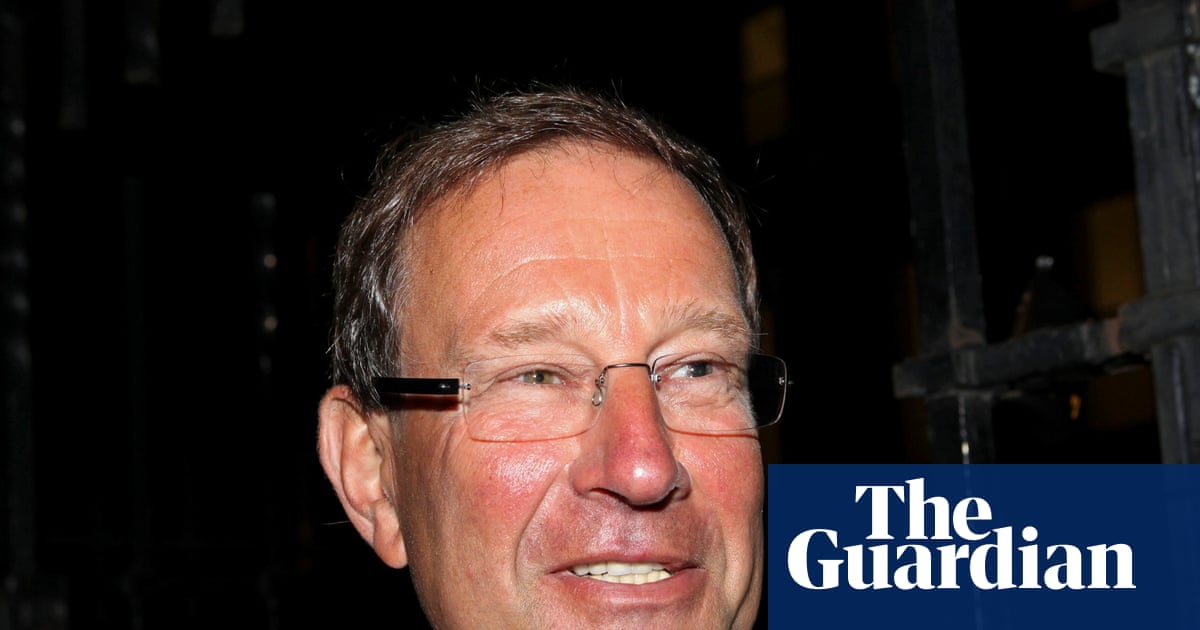Downing Street has published three witness statements from UK’s deputy national security adviser in an effort to draw as line under the row over why spying charges against two Britons accused of spying for China were dropped last month.
Charges against Christopher Cash and Christopher Berry fell away because prosecutors could not obtain evidence from Matthew Collins that Beijing represented a “threat to the national security of the UK” over “many months”.
The third and final statement supplied by Collins in August describes China’s intelligence services as “highly capable” and that they “conduct large scale espionage operations agains the UK to advance the Chinese state’s interests and harm the interests and security of the UK”.
It was his final effort at ending a stand off with the Stephen Parkinson, the head of the Crown Prosecution Service, but though similar to the language sought by prosecutors was nevertheless not thought sufficient by them to allow the case to proceed.
The decision to release the statements was made by Keir Starmer at the start of prime minister’s questions on Wednesday, which were at the heart of the decision as to why the CPS dropped the case.
Earlier, the chairs of five parliamentary committees met with Parkinson to discuss how they will scrutinise the affair in the afternoon. According to one report the director of prosecutions told them the statements were “5% less than the evidence threshold that was needed” – though the CPS declined to comment.
The extraordinary disclosures came a month after prosecutors unexpectedly announced on 15 September they were dropping charges against two Britons, including a former parliamentary researcher, who were accused of spying for China.
The CPS said it could no longer meet the evidential threshold to proceed with the espionage charges against Christopher Cash, who worked for the Conservative MPs Alicia Kearns and Tom Tugendhat, and Christopher Berry, a teacher. Cash and Berry, who had always maintained their innocence, now have no case to answer.
The decision triggered an extraordinary blame game between ministers and prosecutors. Parkinson told MPs last week that the case had to be dropped because despite “many months” of efforts, the government did not provide witness statements stating that China “represented a threat to national security” at the time of the offence.
But ministers have insisted that they had no role in shaping the evidence that was submitted to the CPS, which was drafted entirely by a senior official based on the Conservative government’s approach to China in 2023.
Downing Street revealed this week that three witness statements were submitted by Matthew Collins, the government’s deputy national security adviser, to support the case. The first and most substantive statement was submitted in December 2023 under the Conservatives.
Keir Starmer said Collins had submitted two supplementary witness statements this year, including one in August just weeks before the case was abandoned.
Downing Street said that Starmer himself did not see the witness statements until Wednesday morning, hours before they were made public after prosecutors said they had no objection to their release.
Jonathan Powell, the government’s security adviser, has come under pressure following the disclosure that he attended an internal Whitehall meeting to discuss the implications of trial days before it was abandoned.
after newsletter promotion
Starmer said that while the meeting, understood to have taken place on 1 September, did occur, Powell did not discuss or see the evidence the government submitted to the trial.
On Thursday, Ken McCallum, the head of MI5, is expected to spell out the threats posed by China in an annual security update. Whitehall insiders are frustrated by the failure to prosecute Cash and Berry and reiterate they stand by previous warnings about Chinese hacking and industrial espionage.
Earlier on Wednesday, Dominic Cummings, who served as Boris Johnson’s chief adviser, had said that China had breached secure high-level systems involving Strap material and this had not been made public – but this was denied by former senior cyber security officials working in Whitehall and the Cabinet Office within hours.
A Cabinet Office spokesperson said: “It is untrue to claim that the systems we use to transfer the most sensitive government information have been compromised.” Other senior officials said the story was untrue.
The developments unfolded as Oliver Robbins, the most senior servant in the Foreign Office, was visiting China for high-level government meetings.
Sources briefed on his trip said he was holding discussions about controversial proposals for a Chinese super-embassy in London and the renovations needed on the British embassy in Beijing.
Ministers are expected to delay the 21 October deadline over whether to approve the Chinese embassy in east London, which is fiercely opposed by a group of local residents, activists and MPs.

 3 months ago
106
3 months ago
106




